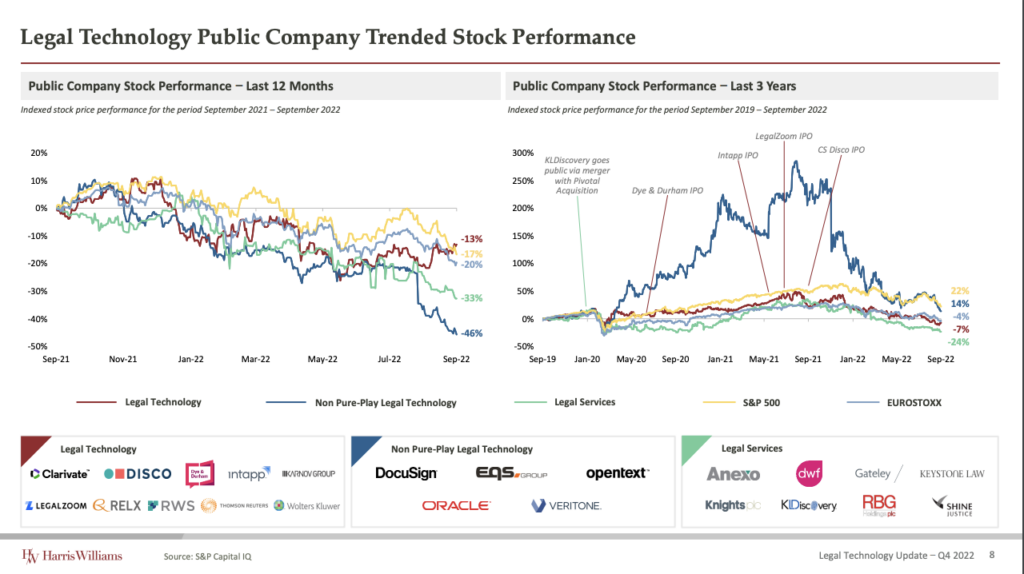
There are two main aspects to legal technology:
-
- Technology software
- Solutions to support the legal industry and provide legal services
Why is the legal sector going digital?
The legal industry has not adopted technology in the same ways as other sectors have. The main driver behind going digital is to assist and automate lawyers’ pen-and-paper operations.
What does legal tech look like?
Legal tech seeks to implement technology across the entire legal institution or business in order to:
-
- Increase efficiency
-
- Decrease errors
-
- Expand capabilities
-
- Deepen insights
-
- Strengthen customer relationships
The Future of Legal Technology
Legal technology’s growth has transformed the practice of law worldwide. Legal technology is often viewed as outdated and criticized, primarily due to its reliance on conventional systems and procedures.
The market for legal technology was estimated at 18.4 billion dollars in 2021, with expected growth in the years following. Various technologies are being used to deliver legal services at:
-
- A lower cost
-
- Greater effectiveness
-
- A higher standard
Tools to make this possible include but are not limited to the following:
-
- Artificial intelligence
-
- Natural language processing
-
- Robotic process automation
Both business-to-business (B2B) and business-to-consumer (B2C) organizations can utilize these tools and technologies.
Investments in Legal Technologies
Especially in the US, venture capital funds have been flooding into startups in the legal technology sector. External investors are starting to recognize the potential benefits of legal technology. The legal industry’s historically slow technology adoption leaves room for growth.
As of September 2021, Crunchbase estimated that venture capital investments in legal tech startups had exceeded $1 billion. These investments surpassed the prior high of $989 million in 2019.

What are the risks?
One of the main risks of legal tech is the debate on ethics. Almost all big organizations have ethical guidelines for employees and their workplace behavior. Ensuring that a comparative ethical approach prevails with technology can be challenging.
There are a few other risks that one could potentially run into with legal tech, aside from ethics. These include:
-
- Loss of credibility
-
- Amount/opportunity lost
-
- Future industry standards not being followed
-
- IT support issues and incompatibility with other systems
-
- Accuracy
-
- Failure of the ability to make ethical decisions

